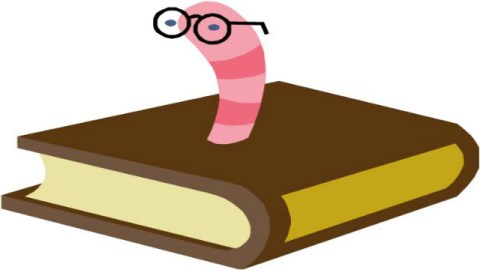Are Tablets Any Good for Serious Reading?

What’s the Big Idea?
With the launch of the new iPad imminent and amid ongoing speculation about the gradual replacement of laptops and desktops with tablet-like devices, there’s a quiet but definite moaning sound in the background from book lovers who feel that their quiet subculture is about to be further overshadowed by things that buzz, shout, and bleep.
Putting aside, for the moment, the endless debate between boosters of technological progress (“Change is good and inevitable!”) on the one hand, and Luddite technophobes (“We’re throwing out the baby with the bathwater!”) on the other, the question some are asking is whether the experience of reading a book on a tablet – with its access to email, IM, and other forms of multimedia multitasking – is substantially different from that of reading a physical book, or reading one on a dedicated e-reader, like the most basic version of the Kindle.
The answer, at least according to this New York Times article, is yes, definitely. In this non-scientific, anecdotal survey, tablet readers report a much more distracted experience than they remember from the good ‘ol printed book. They tend to abandon more books halfway through than they used to, too. One interviewee thinks this is a good thing – she says being forced to compete with YouTube raises the bar for authors in terms of writing captivating prose.
This is nonsense, of course. As David Foster Wallace has explained much more lucidly than I can ever hope to, great books both seduce and challenge the reader, appealing to the part of our mind that wants to engage in worthy intellectual labor for the sake of personal growth, as opposed to the part that just wants to eat potato chips and veg out. Wallace’s own work is a great example of the balance between these two imperatives: to seduce and to challenge – but reading Infinite Jest (a profound pleasure) requires a sustained effort of will and attention that might very well lose out in competition with Angry Birds.
David Foster Wallace on “challenging” books
What’s the Significance?
In our dizzying rush to acquire and acclimate to new technologies and software, which are being thrown at us by developers faster than many of us can figure out how to use them, it is easy to lose sight of the fact that these things are tools for our use (when useful), not challenges that we’re supposed to live up to. And that, like all tools, they’re good for some things and not so good for others.
If you like the smell of books and the fact that your library shelves are a living record of your personal journey through literature, then, by god, fill your home with shelving! If you find that you’re losing the thread of a supposedly great new book because people are pinging you every five minutes on facebook, then maybe it’s time to set some boundaries – to carve out some “reading time” and turn off the tablet.
Follow Jason Gots (@jgots) on Twitter
Image credit:Shutterstock.com





